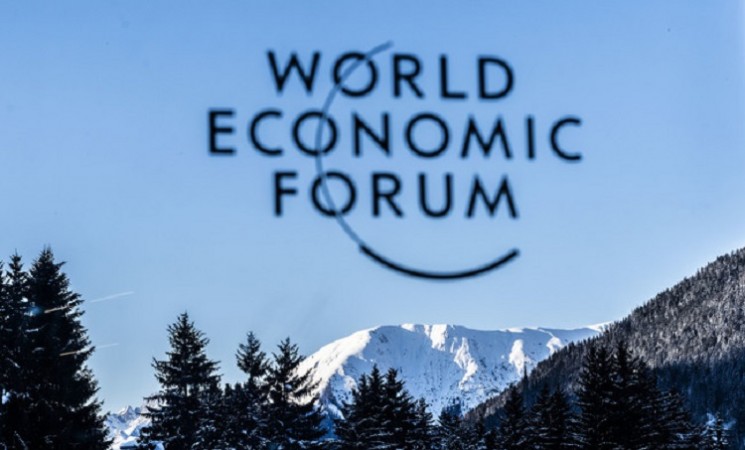
WEF Annual Meeting 2024: World leaders concluded the World Economic Forum Annual Meeting with an acknowledgment that the global economy and trade were on a path toward normalization, although a complete return to normalcy seemed distant. Ngozi Okonjo-Iweala, Director-General of the World Trade Organization (WTO), shared optimism for 2024 but emphasized the presence of uncertainties and global elections, making predictions challenging.
Addressing a panel discussion on the global economic outlook, Okonjo-Iweala highlighted the positive aspects of trade, noting improvements in the last quarter of 2023 after a weak start to the year. However, she cautioned that achieving full normalcy was hindered by numerous uncertainties and the ongoing global political landscape.
The WTO chief expressed the belief that unless a major war disrupts the trajectory, trade growth is expected to surpass the levels of 2023. Despite challenges, she identified encouraging signs in the trade sector, citing its role as a force for resilience.
Christine Lagarde, Chief of the European Central Bank, mentioned that while normalization began in late 2023, prevailing uncertainties had shifted the outlook towards a non-normal scenario. Singapore President Tharman Shanmugaratnam emphasized the complexities of societal aging, ecological balance, and the importance of addressing issues beyond wars.
German Finance Minister Christian Lindner characterized the year 2023 as establishing a "new normal" rather than achieving full normalization. He stressed the need for preparedness for this evolving economic landscape.
Saudi Arabia Finance Minister Mohammed Al-Jadaan highlighted immediate risks tied to geopolitics and fragmentation, urging attention to both short-term and medium-term challenges. Al-Jadaan emphasized the significance of structural reforms and local revenue mobilization for countries moving forward.
Tharman echoed the importance of fiscal reform as a critical and often neglected area. He expressed concern that even substantial tax reforms through the G20 were insufficient, emphasizing the need for addressing broken societal systems, aging societies, climate change, and AI risks. Tharman warned that failure to take steps in these directions within the public sector could disproportionately impact the developing world.
Davos: RBI Governor Shaktikanta Das Asserts India's Resilience Amid Global Challenges
US Secretary of State Blinken Applauds India's Success Story at Davos
Davos 2024: Global NSAs Discuss Ukraine Peace, Emphasize India's Role